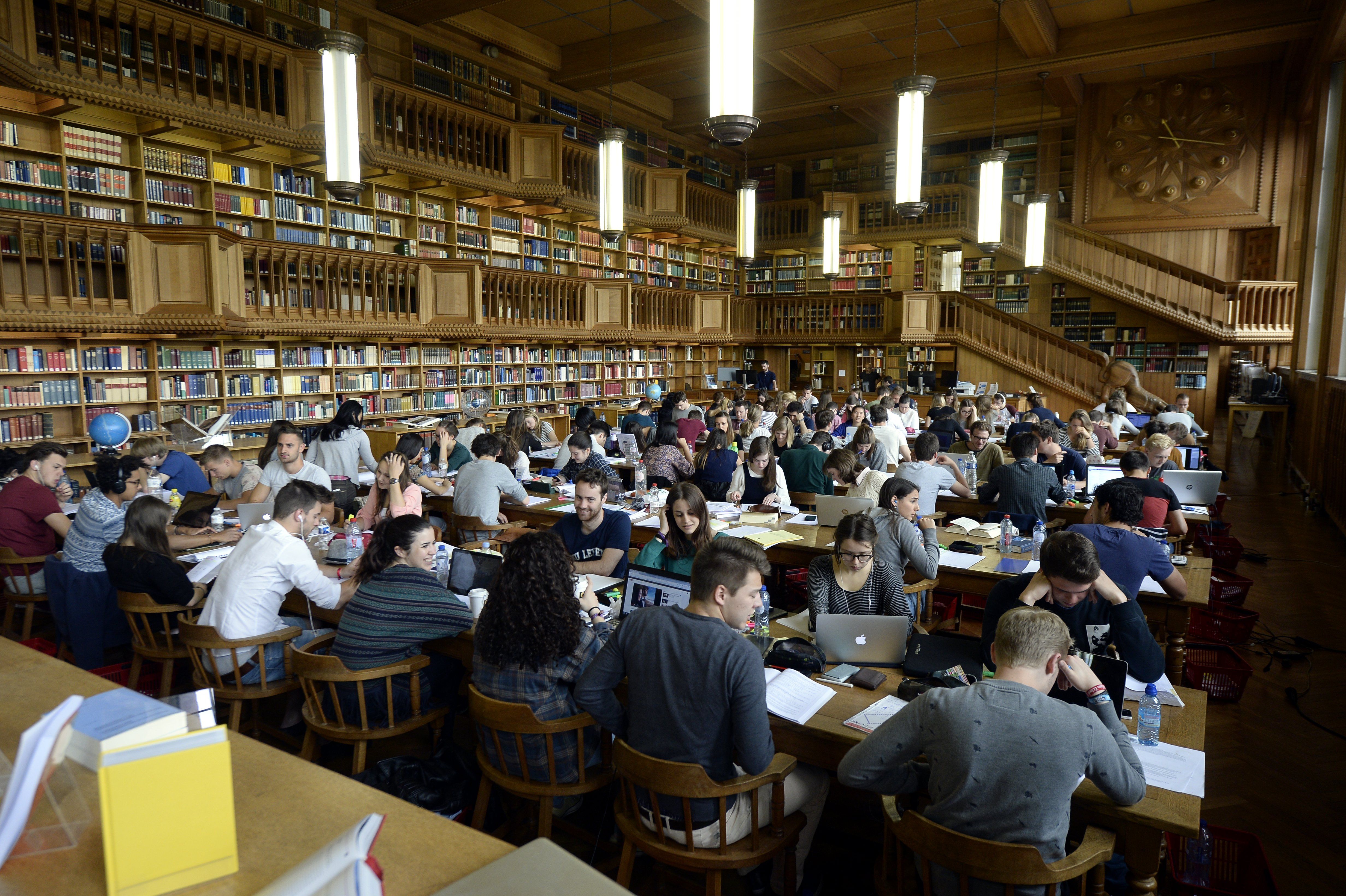Flemish government rejects universities' applications for English master's programmes

The Flemish government has rejected applications from several universities petitioning for English-speaking master's programmes. Despite a favourable opinion from the relevant committee, KU Leuven, UGent and VUB were denied permission to deviate from the current language regulations, De Standaard reports on Monday.
"We will never allow our higher education to be de-Dutchified," said Flanders' Education minister, Ben Weyts, of Flemish nationalists N-VA, in response to the universities' applications for 10 master's programmes in English. These are mainly niche programmes, such as nanotechnology, applied computer science, artificial intelligence and physics.
The current language regulation stipulates that there must be a Dutch-language equivalent for every English-language master's degree. The universities want to remove that Dutch equivalent for some courses. "In addition to an English-language option, a Dutch-language one should be retained," said Weyts.
Ongoing debate
This is not the first time Flemish universities have been denied language alterations. Last year, several universities applied for 19 master's programmes that would no longer be offered in Dutch, including a civil engineering programme taught exclusively in English at three universities. Weyts gave the same message then, saying: "Flemish students are entitled to a quality education in their own language, from kindergarten to the final year of university."
"In very research-intensive fields, organising a Dutch-language master's creates a very high workload for the programmes," said Jan Danckaert, rector of the VUB and president of the Flemish Inter-University Council (Vlir). "It requires lots of energy, while sometimes only a few or even no students are involved."
According to Danckaert, the Flemish government benefits from ensuring that these courses remain strong. "We fully understand the minister's sensitivities, but the sectors these students move on to are in a multilingual context. English is the main language. And companies in Flanders and Brussels, such as [nanotech research centre] imec, need those workers. Without training, they have to look for it abroad."
Weyts said the next education decree would contain a compromise.
#FlandersNewsService | Students in the library of KU Leuven © BELGA PHOTO ERIC LALMAND
Related news

